Ready to build your own Founder-Led Growth engine? Book a Strategy Call
Frontlines.io | Where B2B Founders Talk GTM.
Strategic Communications Advisory For Visionary Founders
Actionable
Takeaways
Speed to MVP Beats Infrastructure:
Volt launched their initial prototype in just six months, compared to the industry standard of 2-3 years. Steffen explained, "We really focused on what is the fastest path to deliver something that has enough value for a merchants who actually put us on their checkout as a payment option." B2B founders should prioritize delivering core value quickly over building perfect infrastructure.
Vertical Focus Drives Team Success:
The team discovered that sales and marketing professionals in payments are highly specialized by vertical. Steffen noted, "Many salespeople in the industry are so specialized, they really join companies with a focus for their vertical where they have their network." B2B founders should commit to specific verticals long-term to attract and retain top talent.
Product Market Fit is Continuous:
Rather than a single moment, Volt experienced multiple "false" product market fits before achieving true traction. Steffen shared, "Every product advantage nowadays is temporary. You always need to be fast, you always need to be scrappy, you always need to think ahead." B2B founders should view product market fit as an ongoing process rather than a destination.
Strategic Channel Selection:
Volt deliberately chose to focus on large PSPs as distribution partners rather than pursuing SMEs directly. Steffen explained, "We really want to focus our resources on where we can move the needle for our revenue impact." B2B founders should evaluate distribution channels based on internal efficiency and resource constraints.
Investment Partner Alignment:
During fundraising, Volt prioritized investors who deeply understood their space over pure capital. Steffen emphasized, "For us it was much more important than the money itself... having partners on the other side to understand what we build, why we build it, why it's tough, why it's not going to be a straight line." B2B founders should seek investors who truly understand their market dynamics and challenges.
Conversation
Highlights
From Six Months to Global Payment Network: Volt’s Unconventional Path to $87M in Funding
In a recent episode of Category Visionaries, Steffen Vollert, Co-founder and Interim CEO of Volt, shared how his team built a global real-time payment network that has raised $87 million in funding. But their journey wasn’t the typical fintech story of careful infrastructure building – it was one of rapid iteration, multiple pivots, and learning that product-market fit is never truly final.
The Six-Month Sprint
While most fintech startups spend 2-3 years building their initial product, Volt took a radically different approach. “We really focused on what is the fastest path to deliver something that has enough value for merchants who actually put us on their checkout as a payment option,” Steffen explains. Within six months, they had a working prototype – an unprecedented speed in the fintech space.
This rapid development was driven by the team’s deep industry experience and laser focus on core value. Instead of building perfect infrastructure, they concentrated on delivering immediate merchant value. As Steffen notes, “We have cut every corner we could also based on the learnings of the ventures that we as founders had built before.”
The COVID Curveball
Just as Volt seemed poised for success, closing their seed round in January 2020, the pandemic hit. The founding team found themselves locked in different countries – Steffen in Poland, his co-founders in the Netherlands, Portugal, and the UK. Rather than let this derail them, they restructured the company around their constraints, with Steffen building the tech and product team in Poland while other operations continued elsewhere.
False Starts and Real Traction
The path to product-market fit wasn’t smooth. Their first major integration in Christmas 2020 seemed like success, but quickly revealed deeper challenges. “There was a lot of, I would say, subpar APIs on the bank side which really didn’t allow us to perform and to deliver the product value that we wanted,” Steffen recalls.
This led to a crucial pivot. Instead of remaining just a payment gateway, Volt began partnering with licensed account issuers and securing their own licenses. This deeper integration into the payment value chain gave them control over the entire customer experience. By August 2021, they had achieved true product-market fit.
The Vertical Specialization Discovery
Perhaps Volt’s most interesting insight came from building their sales and marketing teams. They discovered that payment industry talent is highly specialized by vertical. “Many salespeople in the industry are so specialized, they really join companies with a focus for their vertical where they have their network,” Steffen explains. This led to a crucial realization: success required long-term commitment to specific verticals rather than trying to build a generic sales machine.
Building for Scale
Today, Volt is approaching 200 employees and processes real-time payments globally. They’ve expanded beyond Europe to Brazil and Australia, partnering with major payment service providers like WorldPay and Worldline. Their vision? “Real time payments everywhere,” as Steffen puts it. “We really want to build a real time account to account network on global scale to move money instantly overcome the legacy of systems like Swift.”
The Funding Journey
Volt’s fundraising journey reflects their unconventional path. Rather than chase any available capital, they prioritized investors who deeply understood their space. “For us it was much more important than the money itself… having partners on the other side to understand what we build, why we build it, why it’s tough, why it’s not going to be a straight line,” Steffen emphasizes.
This approach has helped them raise $87 million to date, with major investors including EQT, Augmentum, and IVP betting on their vision of global real-time payments.
For B2B founders, Volt’s journey offers valuable lessons: speed to market can trump perfection, product-market fit is an ongoing process rather than a destination, and sometimes the most valuable insights come from understanding the human elements of your industry – like how sales talent organizes itself around verticals. It’s a reminder that even in the technical world of fintech, success often comes down to understanding and adapting to the real-world dynamics of your market.
Recommended Founder
Interviews

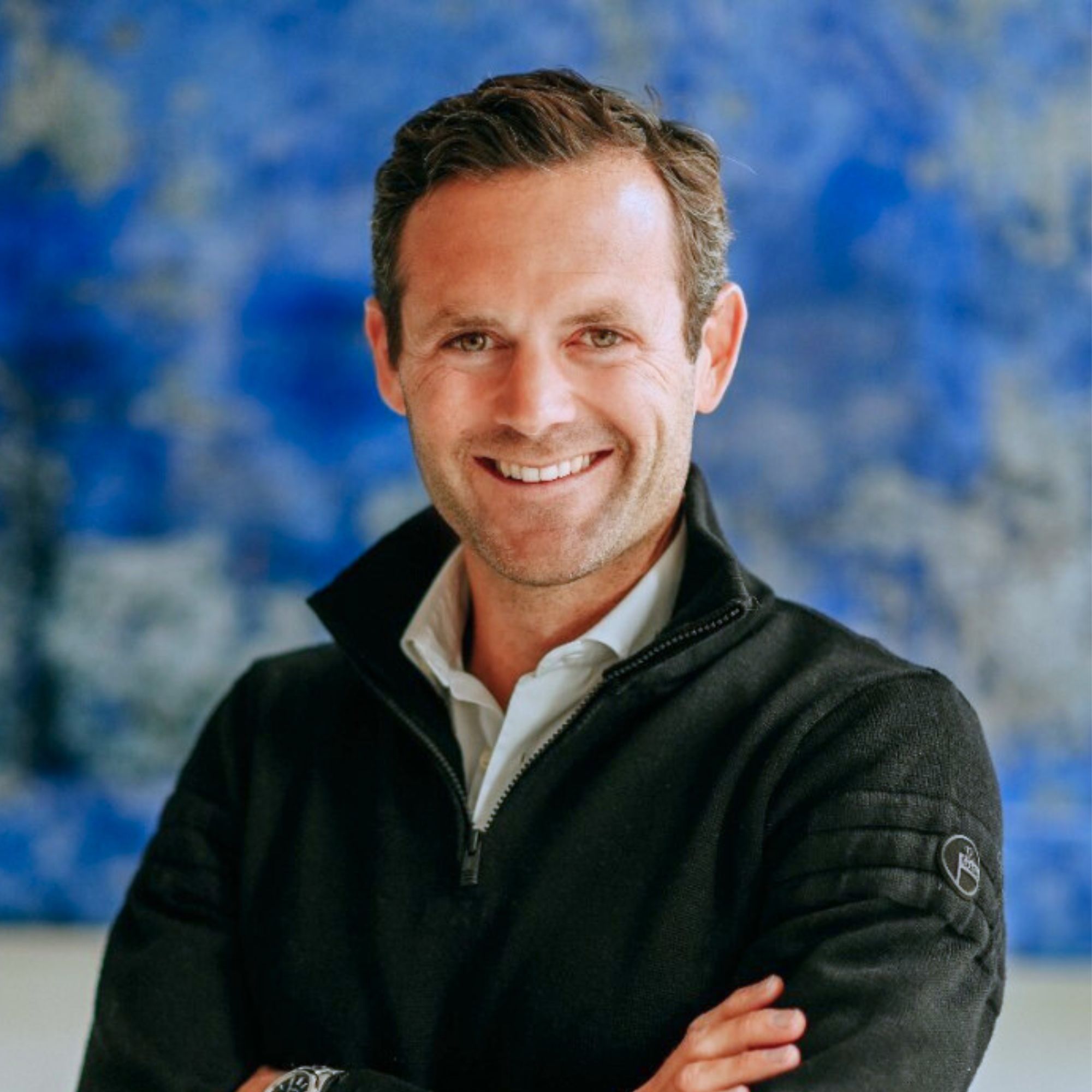
Patrick Mollard
CEO & Co-Founder of Fipto
Patrick Mollard, CEO & Co-Founder of Fipto: $16 Million Raised to Build the Future of Blockchain Payments


Carmen Li
CEO of Silicon Data
Carmen Li, CEO of Silicon Data: $5M+ Building the World’s First GPU Compute Risk Management Platform


Sandro Zweig
CEO and Co-Founder of tiun.
How tiun validated product-market fit with 6-12 months of pilot data before scaling | Sandro Zweig


Iris Pfeifer
VP of Growth of Wisetack
Iris Pfeifer, VP of Growth at Wisetack: Mastering B2B Marketing Through Sales Alignment and Product Strategy


Kalpesh Kapadia
CEO and Founder of Deserve
Kalpesh Kapadia, CEO and Founder of Deserve: $50 Million Raised to Build the Future of Credit Cards


Don Muir
CEO of Arc
Don Muir, CEO of Arc: Over $180 Million Raised to Empower Startups with a Better Cash Management Experience


Renaud Laplanche
Co-Founder and CEO of Upgrade
How Upgrade built 6 billion-dollar products by designing for multi-product from day one | Renaud Laplanche ($6B Valuation)


Swapnil Shinde
CEO and Co-Founder of Zeni
Swapnil Shinde, CEO and Co-Founder of Zeni: $47+ Million Raised to Build the Finance Operations Category


Florian Wimmer
Co-Founder & CEO of Blockpit
Florian Wimmer, Co-Founder & CEO of Blockpit: $15 Million Raised to Power the Future of Crypto Tax Management
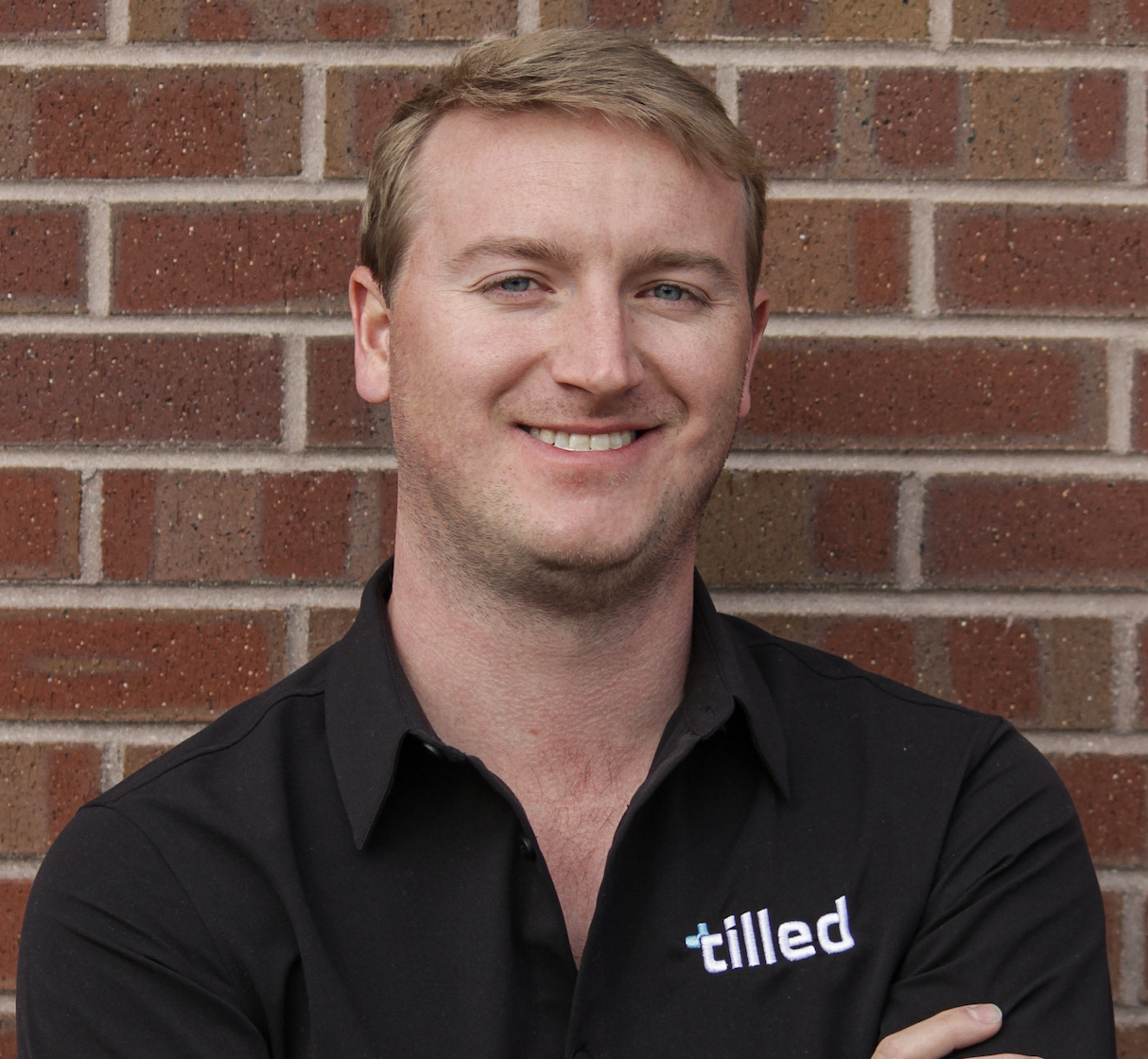
Caleb Avery
Founder & CEO of Tilled
Caleb Avery, Founder & CEO of Tilled: $40 Million Raised to Build (and Dominate) the PayFac as a Service Category


Debbie Soon
Head of Marketing of Privy
Storytelling for Technical Products w/ Debbie Soon


Matt Bivons
CEO & Founder of Canopy
Matt Bivons, CEO & Founder of Canopy: $30M Raised to Build a Modern Servicing Platform for Scaling FinTechs


Jessica Zhang
CEO & Co-Founder of Pier
Jessica Zhang, CEO & Co-Founder of Pier: $2.5M Raised to Build the Future of Credit Infrastructure


Scott Dorey
Co-Founder of OpenPath
Scott Dorey, Co-Founder of OpenPath: $25 Million Raised to Build the Future of Payments

Tal Shahar
CEO & Co-Founder of Atlas Invest
Tal Shahar, CEO & Co-Founder of Atlas Invest: $13 Million Raised to Transform Real Estate Financing

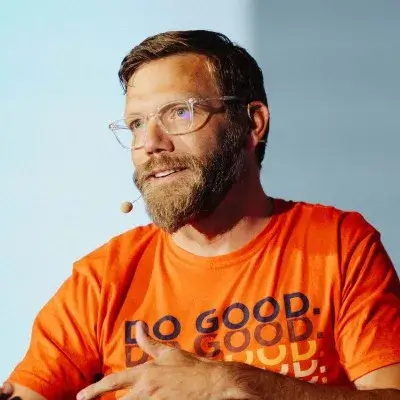
Wade Arnold
CEO and Founder of Moov
Wade Arnold, CEO and Founder of Moov: $77.5 Million Raised to Build the Future of Embedded Payments

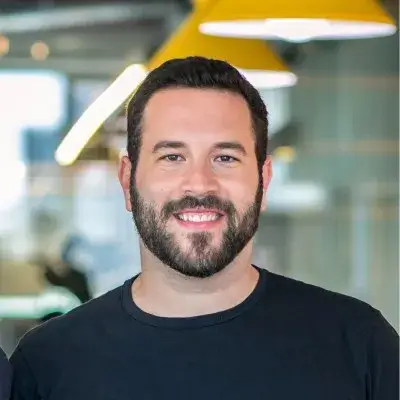
Ben Borodach
Co-Founder and CEO of April
Ben Borodach, Co-Founder and CEO of April: $40 Million Raised to Embed Intelligent Tax Experiences


Yasmin Graeml
Marketing & Communication Leader of Flourish Fi
Yasmin, Marketing & Communication Leader at Flourish Fi: Driving Financial Engagement with Innovative Tech


Laura Kornhauser
Co-Founder and CEO of Stratyfy
Laura Kornhauser, Co-Founder and CEO at Stratyfy: $10 Million Raised to Power the Future of Financial Inclusion

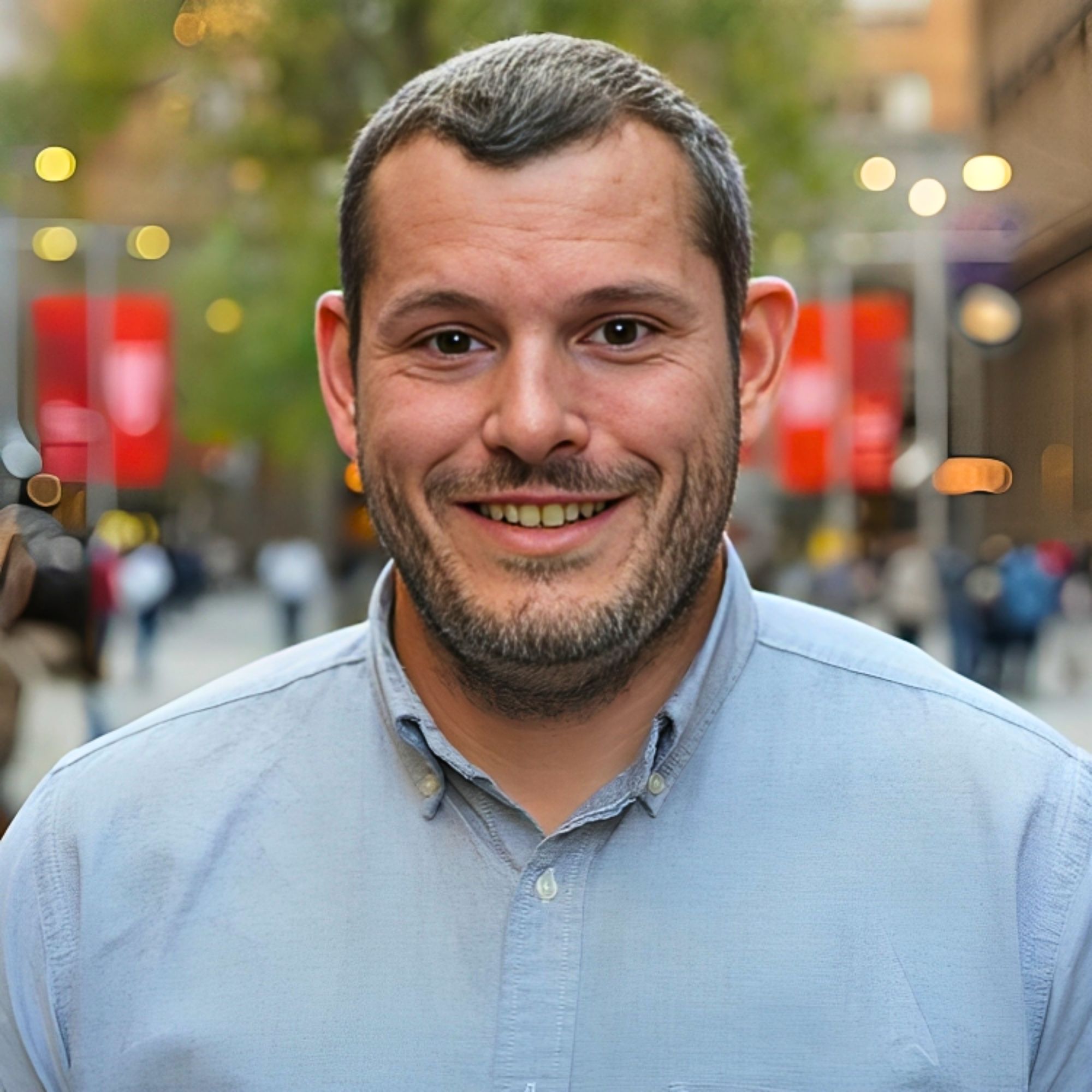
Nicholas Lembo
VP of Marketing of Coast
Navigating GEO: Earned Media & SEO Tactics That Actually Work

Patricia Montesi
CEO & Co-Founder of Qolo
Patricia Montesi, CEO & Co-Founder of Qolo: $30 Million Raised to Build the Future of Omnichannel Payments Infrastructure

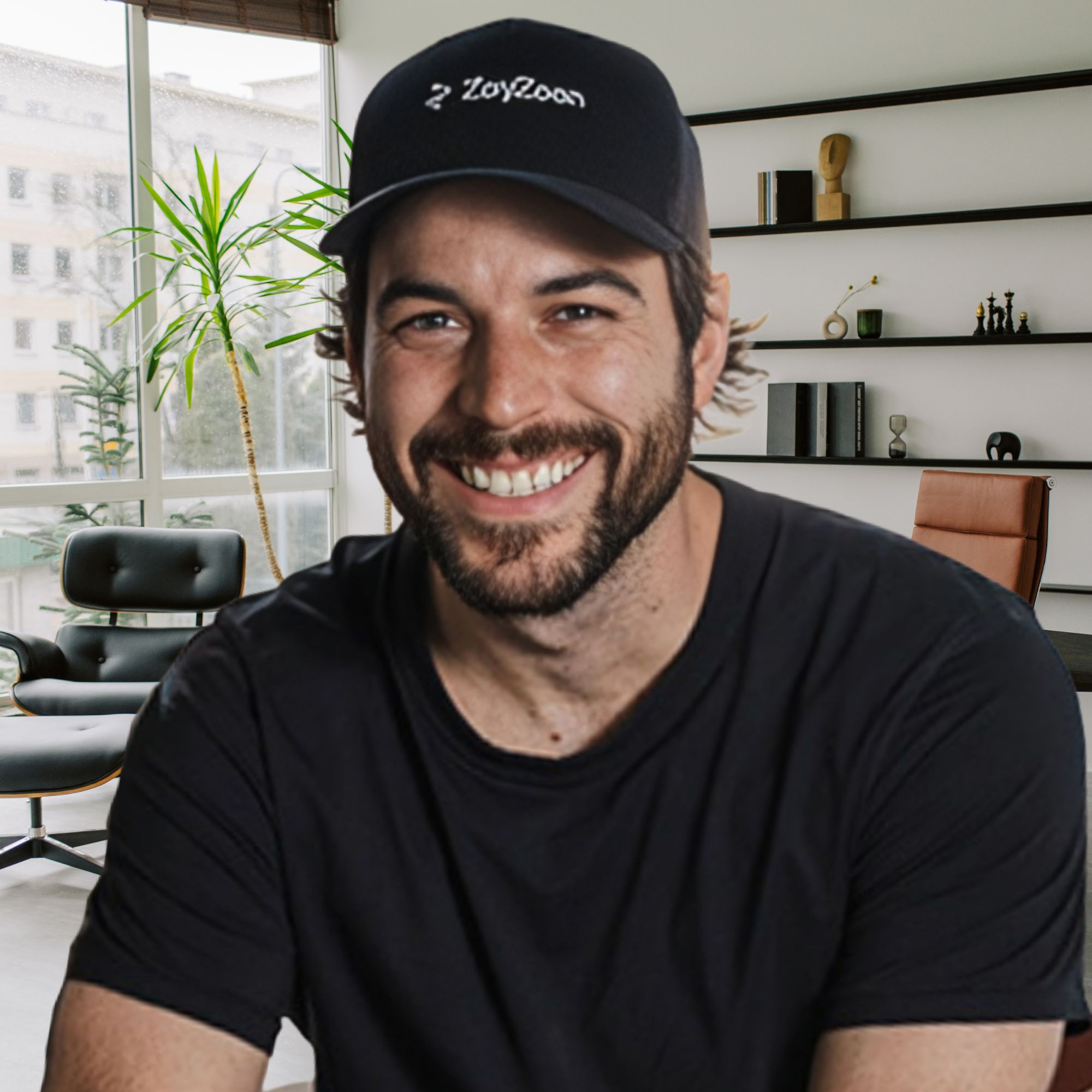
Tate Hackert
Co-founder & Chief Strategy Officer of ZayZoon
How ZayZoon built 300+ payroll partnerships to reach 15,000 businesses without direct sales | Tate Hackert

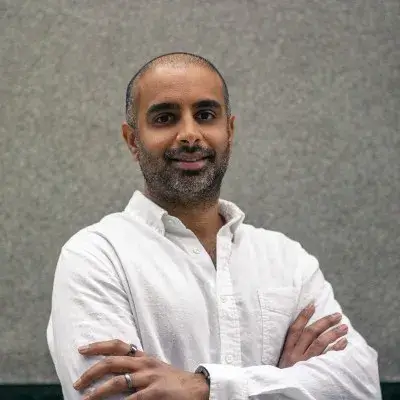
Nik Talreja
CEO & Co-Founder of Sydecar
Nik Talreja, CEO & Co-Founder of Sydecar: Over $16 Million Raised to Make Venture Deal Execution a Frictionless Process
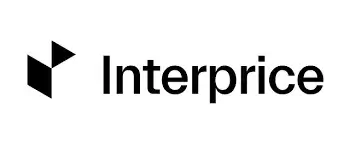
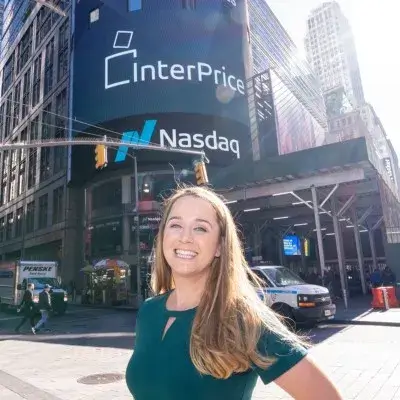
Olga Chin
CEO and Founder of InterPrice Technologies
Olga Chin, CEO and Founder of InterPrice Technologies: Over $10 Million Raised to Build the Future of Capital Markets Treasury Management


Rafael Loureiro
CEO of Wealth
Rafael Loureiro, CEO of Wealth: $16 Million Raised to Build the Future of Estate Planning

Henrique Dubugras
Co-Founder and Co-CEO of Brex
Henrique Dubugras: the Story of Brex ($12 Billion+ Valuation)


Nathan Beckord
CEO of Foundersuite
Nathan Beckord, CEO of Foundersuite: $13 Million Raised to Build the Go-To Platform for Startup Fundraising


Daumantas Dvilinskas
CEO & Co-Founder of TransferGo
Daumantas Dvilinskas, CEO & Co-Founder of TransferGo: $125 Million Raised to Build the Future of Cross-Border Payments


Fady Hawatmeh
Founder and CEO of Clockwork
Fady Hawatmeh, Founder and CEO of Clockwork: Nearly $3 Million Raised to Make Financial Modeling and Cash Flow Forecasting Easy


Daniel Grunstein
CEO and Co-Founder of Crowded
Daniel Grunstein, CEO and Co-Founder of Crowded: $6.4 Million Raised to Transform Nonprofit Financial Management


Ahmad Ibrahim
CEO of NeoTax
Ibrahim, CEO of NeoTax: $13 Million Raised to Build the Future of Tax Automation


Bob Suh
CEO of OnCorps
Bob Suh, CEO of OnCorps: $18M Raised to Help Large Financial Institutions Solve Operational Problems with AI


Bryan McCarty
Director of Product and Product Marketing of Orum
Donuts & Product Launches: Orum’s Unconventional Event Strategy


Colin Luce
CEO & Co-Founder of Basis Theory
Colin Luce, CEO & Co-Founder of Basis Theory: $20 Million Raised to Build the Future of Payments Tokenization


Stephany Kirkpatrick
CEO and Founder of Orum
Stephany Kirkpatrick, CEO and Founder of Orum: Over $85 Million Raised to Build an API integration for Instant Payouts

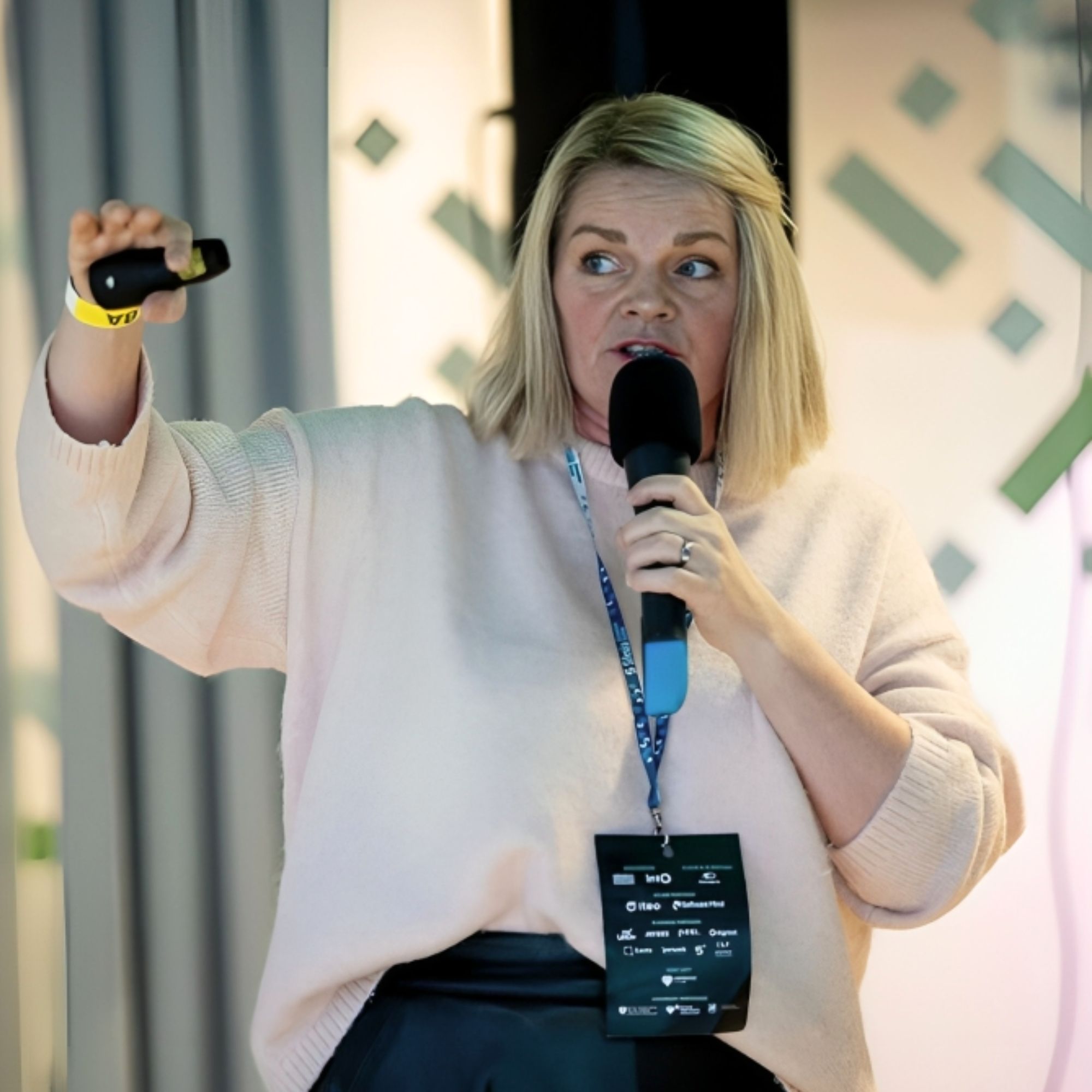
Fiona Sherwood
CMO of Dasseti
The Death of Gated Content: Why This CMO Gives Everything Away


Ben Goldin
CEO and Founder of Plumery
Ben Goldin, CEO and Founder of Plumery: $4.5 Million Raised to Power the Future of Digital Engagement for Banks


Halle Kaplan-Allen
Head of Marketing of Sydecar
Why LinkedIn Thought Leader Ads Beat Traditional B2B Creative


Arik Shtilman
CEO of Rapyd
Arik Shtilman, Rapyd: $15 Billion Valuation (Unicorn Builders)


Magali Chapuis
Marketing Manager of Embat
Magali Chapuis, Marketing Manager of Embat: Strategic Insights for Scaling Fintech Marketing Across Borders

Klas Bäck
CEO & Co-Founder of Pagos
Klas Bäck, CEO & Co-Founder of Pagos: $44 Million Raised to Power the Future of Payments Operations


Steven Greene
CEO of Standard Practice
Steven Greene, CEO & Co-Founder of Standard Practice (Previously Nibble Health): $8 Million Raised to Bring the Fintech Revolution to the World Healthcare Payments


Omri Mor
CEO & Co-Founder of Routable
Omri Mor, CEO & Co-Founder of Routable: $100 Million Raised to Transform AP Automation for Fast-Growing Companies


Ron Benegbi
CEO & Founder of Uplinq
Ron Benegbi, CEO & Founder at Uplinq: Over $5 Million Raised to Transform SMB Lender’s Existing Credit Evaluation Process

Chandini Jain
CEO & Co-Founder of Auquan
Chandini Jain, CEO & Co-Founder of Auquan: $8 Million Raised to Transform Financial Intelligence Through AI


Ankit Ratan
Co-Founder and CEO of Signzy
Ankit Ratan, Co-Founder and CEO of Signzy: Over $38 Million Raised to Build the Future of Digital Onboarding Infrastructure


Felix Rodriguez
CEO & Founder of Finally
Felix Rodriguez, CEO & Founder of Finally: $110 Million Raised to Power the Future of Finance Automation


Reed Switzer
CEO of Hopscotch
Reed Switzer, CEO of Hopscotch: $10M to Build the Future of B2B Payments For SMBs


Julio Martínez
Co-Founder and CEO of Abacum
Julio Martínez, Co-Founder and CEO at Abacum: $40 Million Raised to Build the Future of FP&A


Thibaut Sahagian
CEO of Multis
Thibaut Sahagian, CEO of Multis: $9 Million Raised to Build a New Category of Software Designed to Meet the Needs of Web3 Organizations


John Lunn
CEO and Founder of Gr4vy
John Lunn, CEO and Founder of Gr4vy: $27 Million Raised to Build the Future of Payments Infrastructure


Helen Chong
Head of Growth of Puzzle
Helen Chong, Head of Growth at Puzzle: Collaborating with Founders – Insights for Effective Marketing Alignment

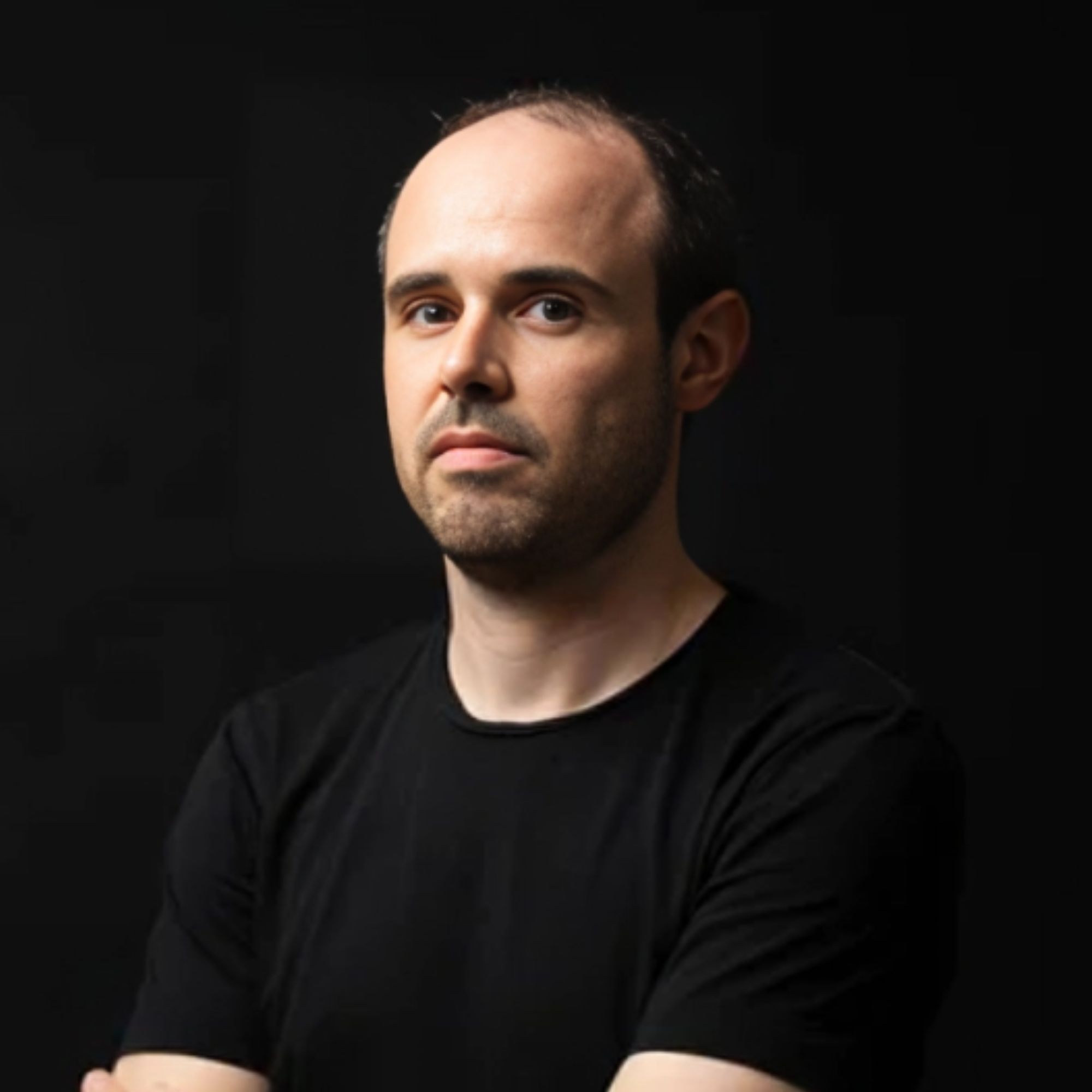
Daniele Grassi
CEO of Axyon AI
Daniele Grassi, CEO of Axyon AI: $5.5 Million Raised to Power the Future of Financial Markets with AI


Brian King
CEO of LODAS Markets
Brian King, CEO of LODAS Markets: $8.5 Million Raised to Power the Future of Alternative Investments


Jack McDonald
CEO of PolySign
Jack McDonald, CEO of PolySign: $50 Million Raised to Power the Future of Digital Assets


Rodney Reisdorf
Co-Founder & CEO of Co-Founder & CEO
Rodney Reisdorf, CEO of Verivend: $3 Million Raised Transform Private Capital Transactions


Jeremy Almond
CEO & Founder of Paystand
Jeremy Almond, CEO & Founder of Paystand: $100M Raised to Power the Future of B2B Payments

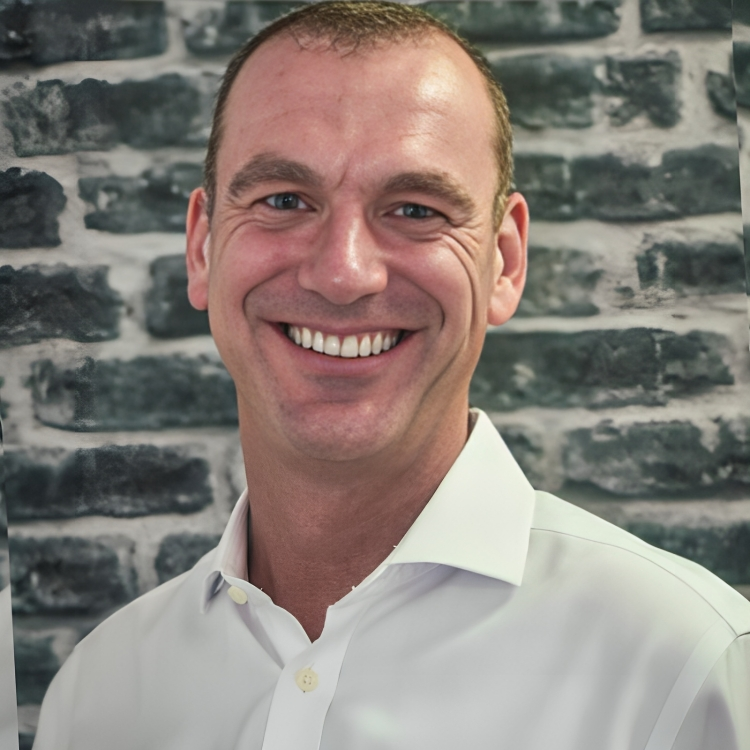
Steve Pomfret
Steve Pomfret, CEO & Founder of Cygnetise: $8 Million Raised to Build the Future of Signatory Management
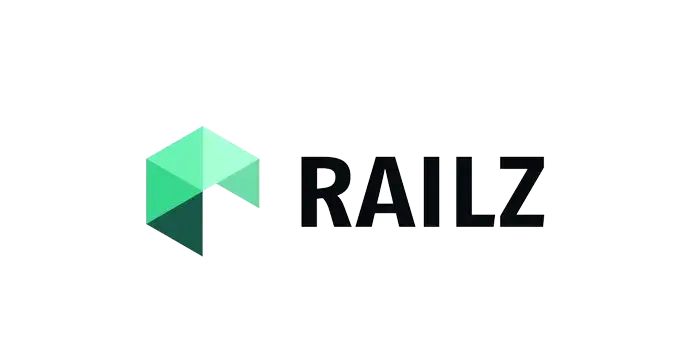

Sohaib Zahid
CEO and Co-Founder of Railz
Sohaib Zahid, CEO and Co-Founder of Railz: $15 Million Raised to Build to Accounting Data as a Service Category


Shamir Karkal
Co-founder and CSO of Sila
Shamir Karkal, CEO of Sila: $20+ Million Raised to Build the Money API For Fintech

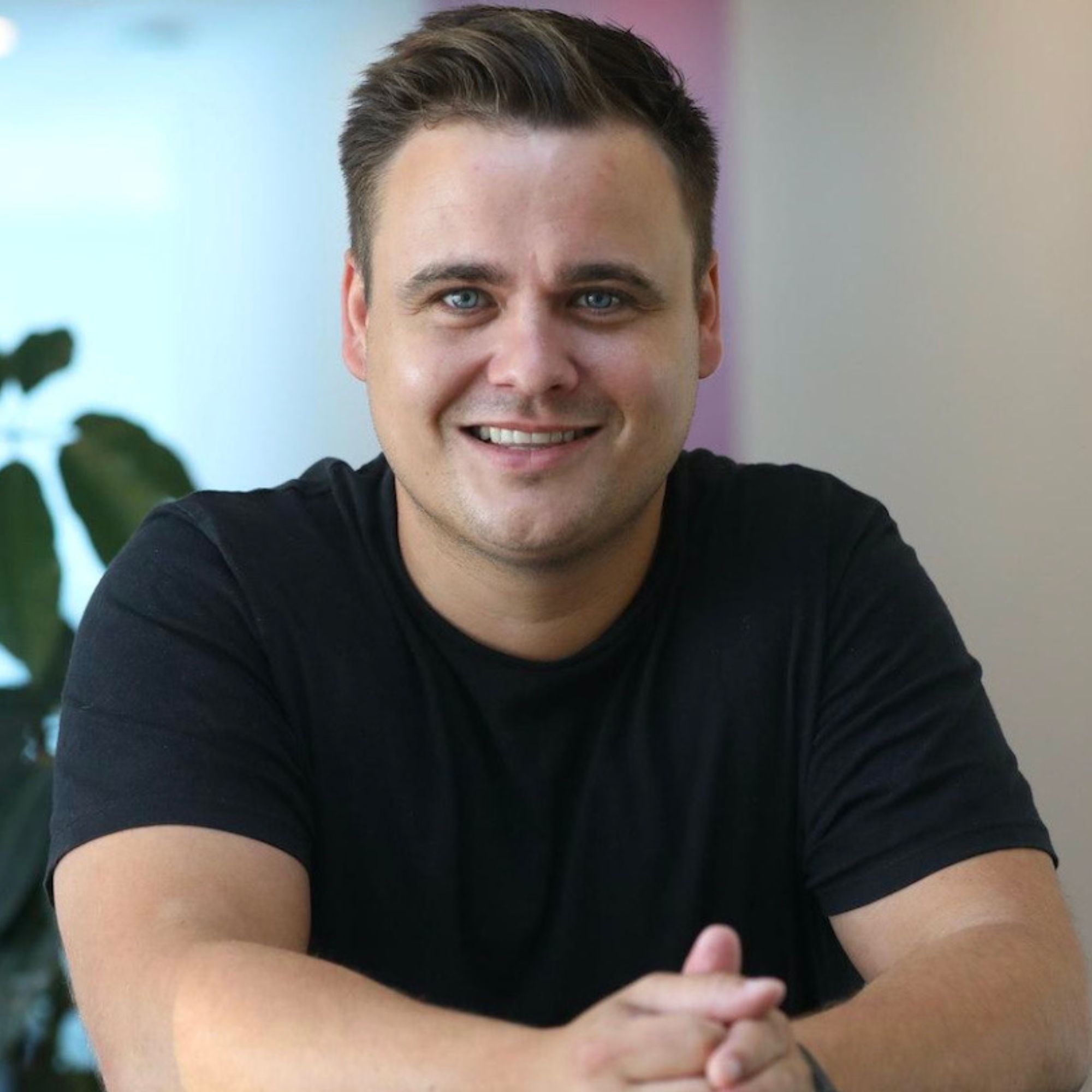
Jonas Overgaard
CEO of Anyday.io
Jonas Overgaard, CEO of Anyday.io: $4M Raised to Transform the Buy Now Pay Later Market


Eric Velasquez Frenkiel
Founder and CEO of Pomelo
Eric Velasquez Frenkiel, CEO of Pomelo: $70 Million Raised to Build the Future of Remittance

